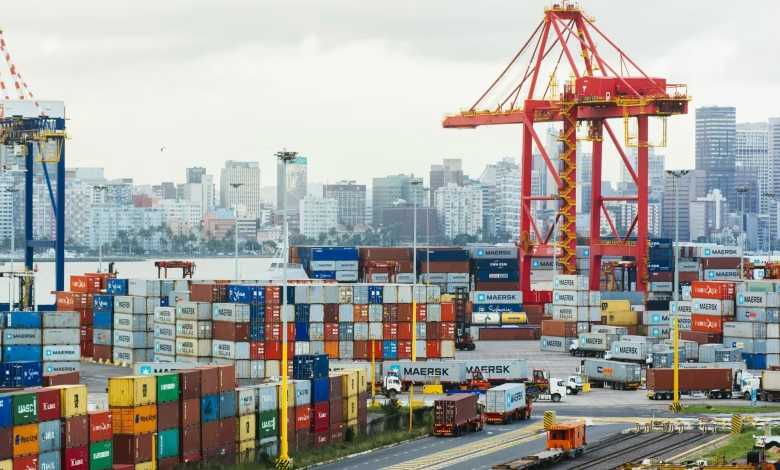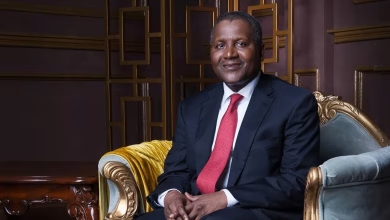South Africa to Address U.S. 25% Auto Tariff

- South Africa seeks talks Over U.S. 25% auto tariff
- The tariff could impact countries like South Africa under AGOA's duty-free access
- The tariff may raise U.S. auto prices and harm South African manufacturers
South Africa plans to request a meeting with U.S. officials to discuss concerns over potential auto tariffs, Trade Minister Parks Tau announced on Tuesday. The country, which benefits from preferential trade status with the United States, is particularly worried about the impact of new levies on its exports.
South Africa’s vehicle and parts exports to the U.S., valued at over $2 billion, could face a significant blow from the 25% tariff on automobile imports that U.S. President Donald Trump proposed last week.
Tau stated that the U.S. Section 232 tariffs could affect car and car parts imports from countries like South Africa, which enjoy trade benefits under the U.S. African Growth and Opportunity Act (AGOA). AGOA grants eligible African nations duty-free access to the U.S. market for most agricultural and manufactured goods, including automobiles and their components.
“Automobile exports from South Africa accounted for 64% of the country’s AGOA exports in 2024, making them a vital part of the preferential program,” Tau explained.
While South African vehicle exports to the U.S. are currently duty-free under AGOA, the U.S. also benefits from South Africa’s Automotive Production Development Programme, which offers rebates on U.S. imports into South Africa.
Despite South Africa’s car exports making up only 0.99% of total U.S. vehicle imports and 0.27% of auto parts imports—figures Tau argued don’t pose a threat to the U.S. industry—the country remains concerned. “South Africa will seek talks with U.S. authorities to address these developments, given their potential adverse effect on our economy,” he said.
The National Association of Automobile Manufacturers of South Africa (NAAMSA) has also begun evaluating the potential impact of these tariffs and is in discussions with its members and other stakeholders.
Among the South African car exports to the U.S. are well-known brands like Mercedes-Benz and BMW. Renai Moothilal, CEO of the National Association of Automotive Component and Allied Manufacturers, told Reuters the association is awaiting more information on the specifics of the tariffs, particularly which components will be affected.
“In the short term, this could lead to higher consumer prices for auto products in the U.S.,” Moothilal said. “In the long term, the loss of duty-free access could undermine the competitiveness of local component manufacturers who rely on the scale provided by free access to the U.S. market.”






